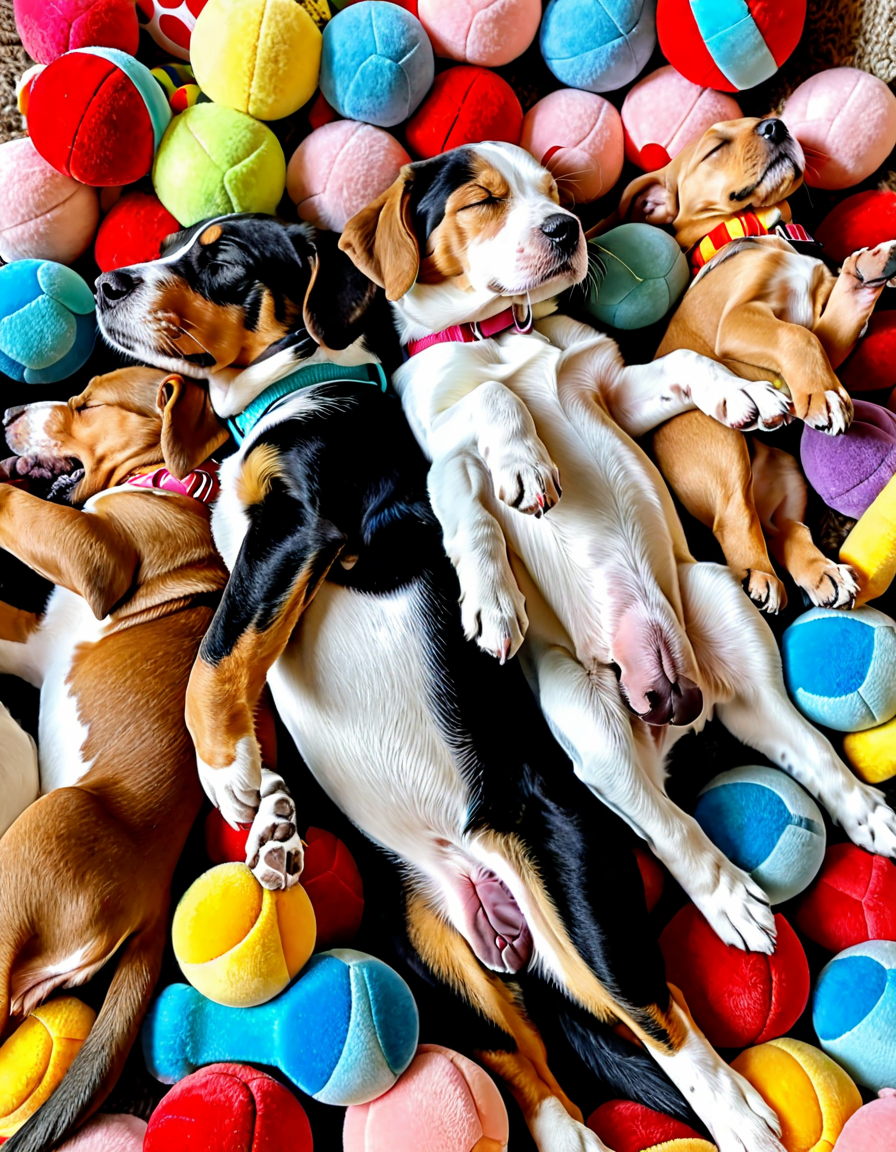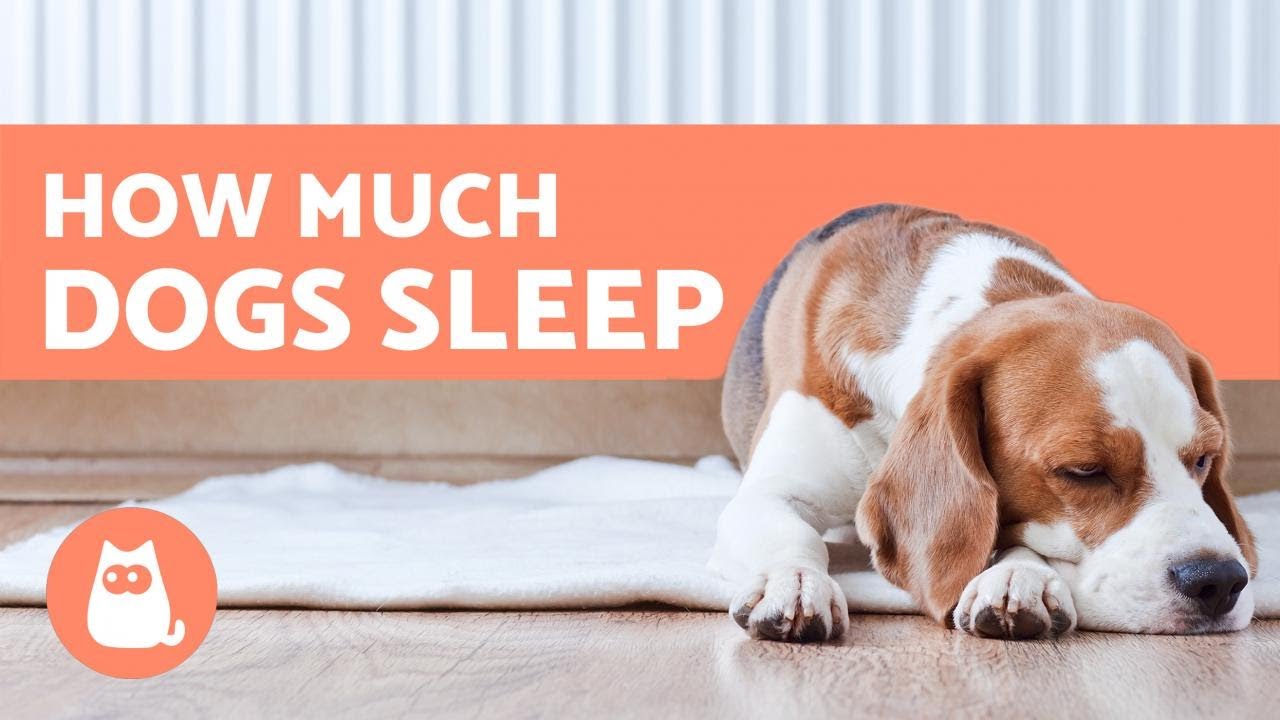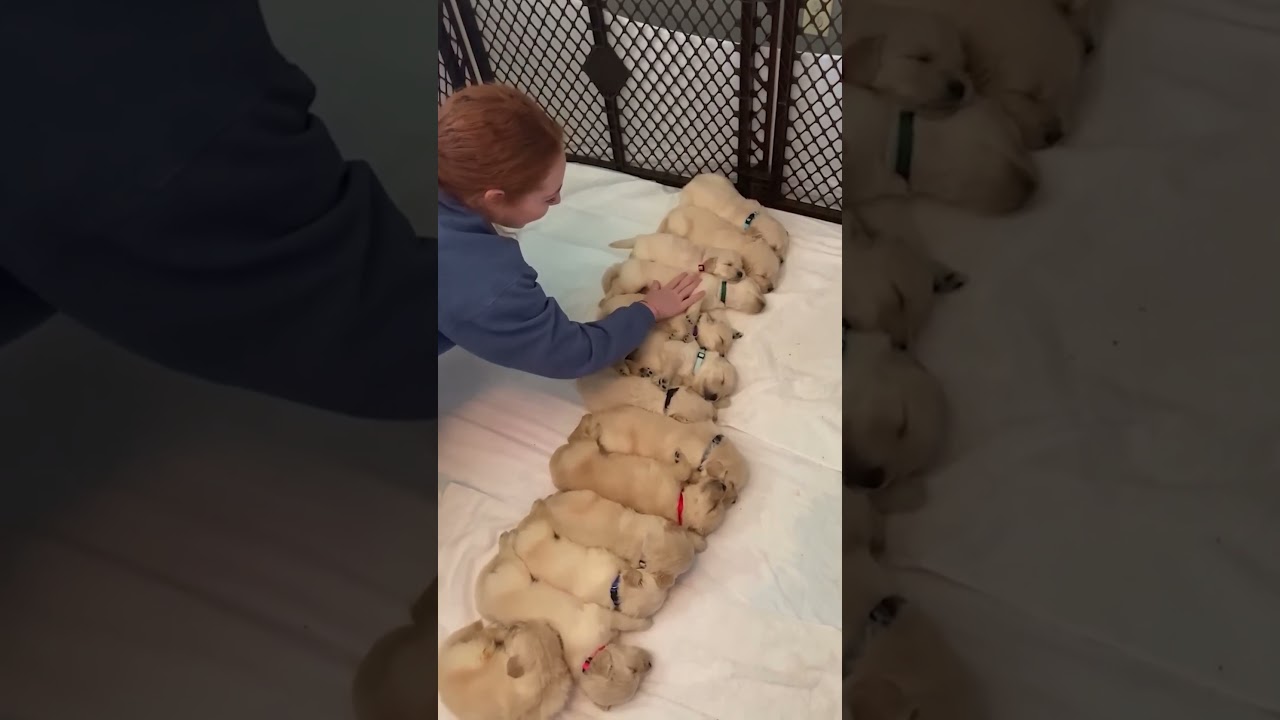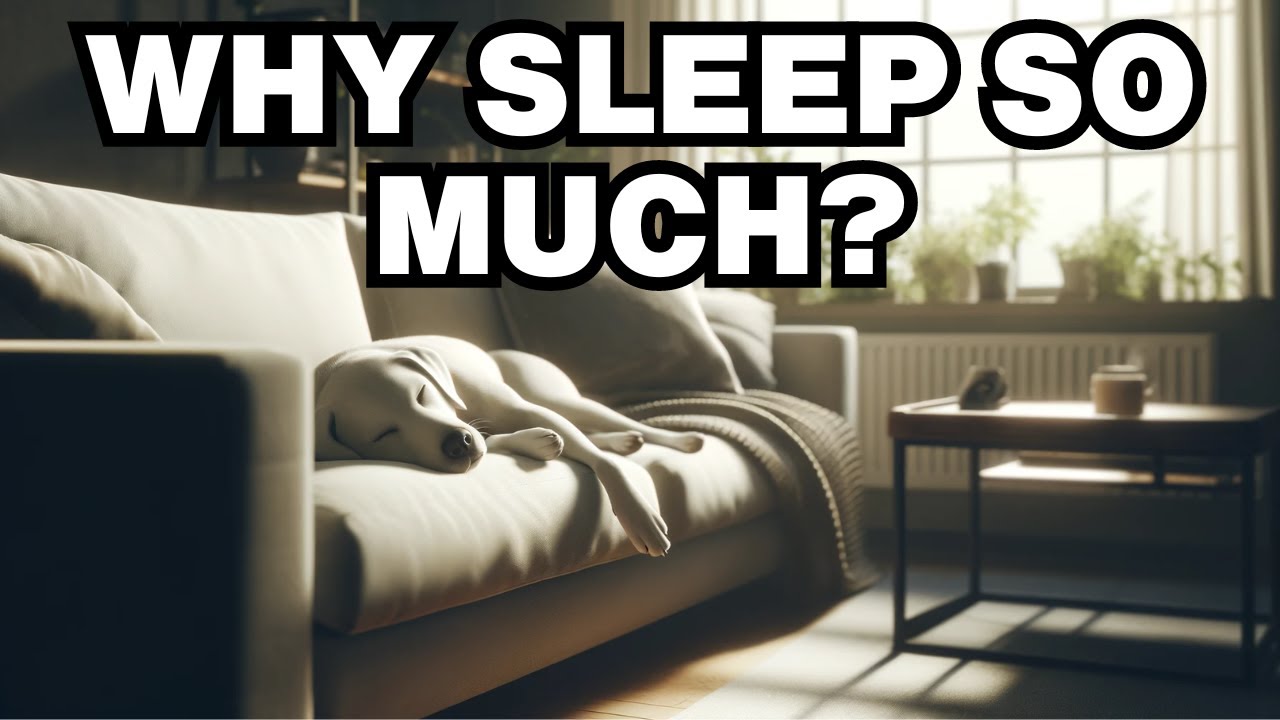Dogs, much like us humans, need varying amounts of sleep throughout their lives. Understanding how much sleep do dogs need by age isn’t just an academic exercise; it’s crucial to their overall well-being. Correctly gauging and meeting your dog’s sleep needs fosters a happy, healthy canine companion. Here’s a comprehensive breakdown of how sleep requirements change as dogs grow from playful puppies to wise seniors.
1. Understanding the Sleep Needs of Dogs by Age
The age of your dog plays a pivotal role in determining their sleep needs. Newborns will sleep most of the day, while seniors may require more rest than their younger counterparts.
Puppies often sleep as much as 90% of the day, emerging briefly only for feeding and interactions. As they grow and their energy levels surge, they need significant rest to support both physical and mental development. Recognizing these shifts not only keeps your dog healthy but also lays the foundation for better behavior and bonding with your furry friend.
With an understanding of their natural sleep cycles, pet owners can create an enriching environment that promotes healthy naps and restorative sleep. After all, a well-rested dog is a happier dog.
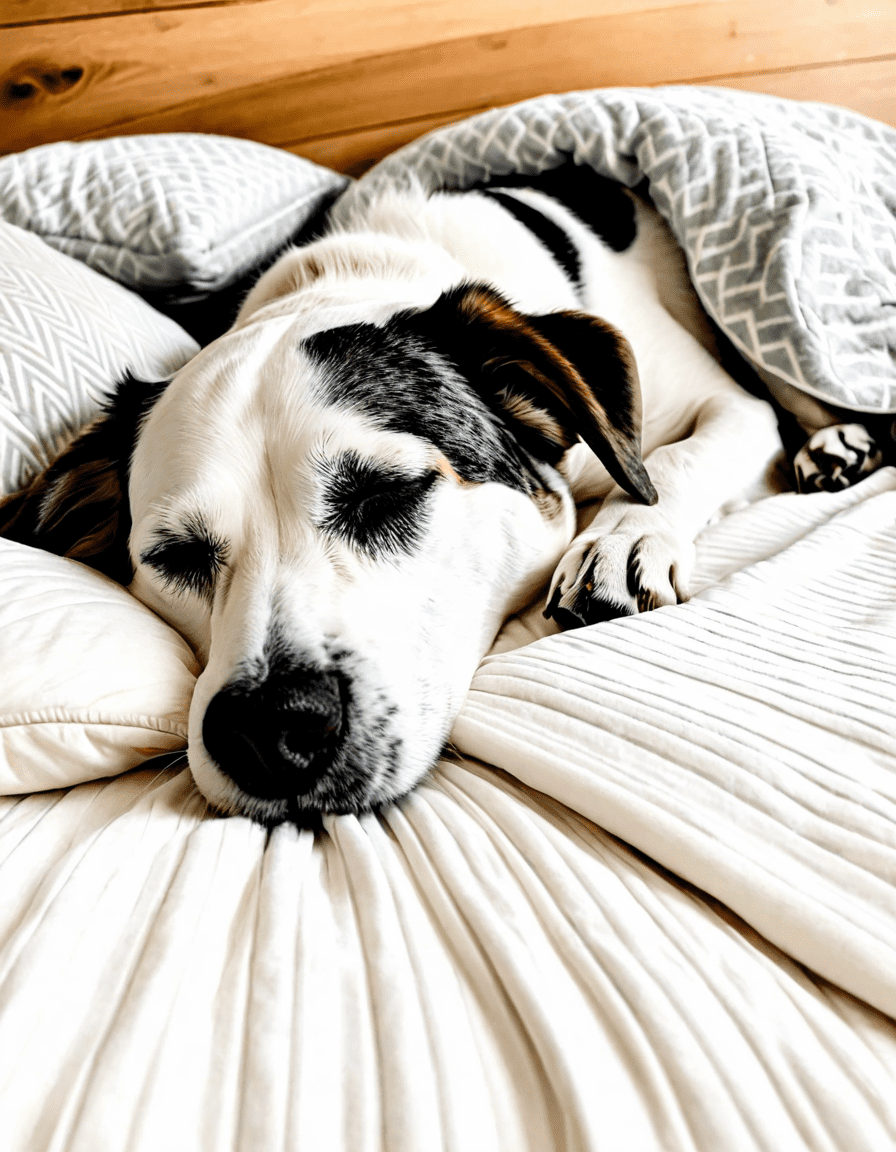
2. The Sleep Requirement Breakdown: Puppyhood to Adulthood
1. Newborn Stage (0-2 Weeks)
Puppies in this stage spend roughly 90% of their day sleeping. During this period, they rely heavily on their mother and siblings. This sleep is crucial for their rapid growth and neurological development. Don’t be surprised if they awaken only for the essentials: feeding and comfort.
2. Early Puppyhood (3-6 Months)
As puppies transition to early puppyhood, their sleep requirements typically decrease to 18-20 hours a day. Highly active breeds, such as the Border Collie and German Shepherd, may need even more rest to recover after play sessions.
Owners should pay careful attention to how much sleep do dogs need by age to promote healthy habits. Adjusting their sleep schedule around energetic playtimes can make a noticeable difference.
3. Juvenile Stage (6 Months – 1 Year)
In this exciting phase, puppies become more adventurous, requiring about 16-18 hours of sleep per day. As they explore their environment, behavioral training becomes crucial, including managing sleep schedules effectively.
Finding a consistent routine not only helps with sleep but also teaches your dog when to ramp up or wind down for the day.
4. Young Adults (1-3 Years)
Young adult dogs usually sleep 14-16 hours a day. Individual energy levels play a significant role here. For instance, a boisterous Labrador Retriever will likely sleep less than a laid-back Bulldog.
Pay attention to your dog’s activity level and adjust their routine accordingly to promote both rest and proper stimulation.
5. Mature Adults (3-7 Years)
Mature adult dogs generally require about 12-14 hours of sleep daily. Factors such as breed, health conditions, and lifestyle play into these numbers. Regular activity combined with restorative naps contributes to optimal well-being.
Be observant: if your dog shows sudden changes in their sleep patterns, it might be a sign they are due for a vet visit.
6. Senior Dogs (7+ Years)
As dogs enter their golden years, their sleep requirements expand to 16-18 hours a day. Older dogs tend to sleep more to facilitate recovery from daily activities. Why is this necessary? Aging bodies need extra downtime.
Watch for any shifts in behavior or sleeping patterns. Sudden changes could indicate health issues, such as arthritis or anxiety, that may need attention.
3. The Transition from Puppy to Adult: At What Age Do Puppies Stop Growing?
Puppies don’t mature overnight. Most canine growth aligns closely with sleep patterns. As a rule of thumb, most puppies stop growing between 6-18 months depending on their breed. Larger dogs generally grow for a longer duration, while smaller breeds mature faster.
This includes understanding what age do puppies stop growing to help tailor your pet care routine effectively. Adjusting exercise and sleep schedules is essential for puppies transitioning into adulthood.
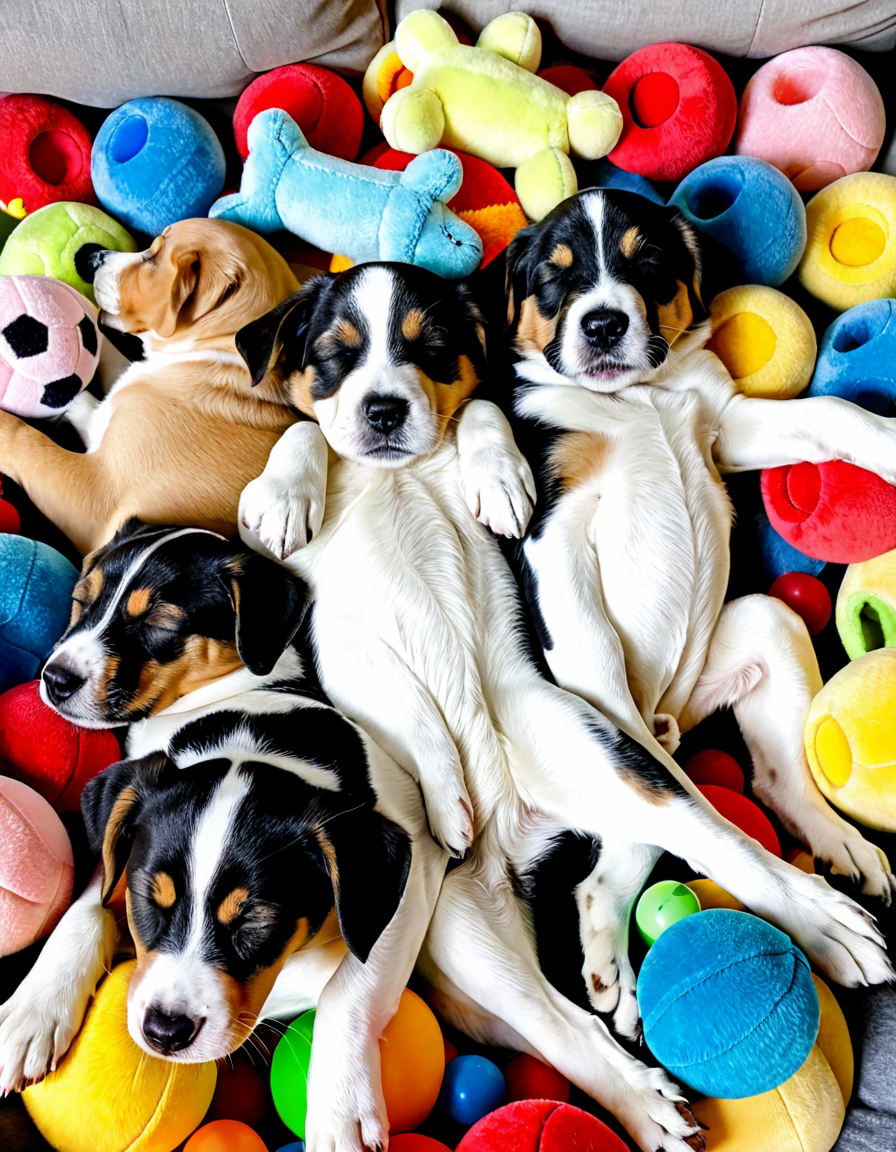
4. Sleep and Growth: What Age Do Dogs Stop Growing?
The journey of how much sleep do dogs need by age is interlinked with growth demands. Increased sleep is a natural outcome of physical development. For instance, a Golden Retriever might grow until about 12-18 months, while a Dachshund usually reaches maturity by around a year.
These differences matter when planning your dog’s daily activities and rest. A growth spurt followed by a drop in energy can be a clear indication that more sleep is necessary.
5. Health Considerations: Sleep Patterns and Medical Needs
Adequate sleep is foundational for both physical and mental development in dogs. This understanding also helps regarding specific medical needs. For instance, insights on how old do cats have to be to get fixed aligns with their sexual maturity, impacting their behavior and energy levels.
These aspects also highlight the importance of monitoring moods and behaviors. A lazy or overly hyper pet may signal an underlying health issue requiring attention.
6. Final Thoughts: The Importance of Sleep for Canine Well-Being
In the grand scheme of caring for your dog, balancing sleep, playtime, and training is vital. Paying close attention to how much sleep do dogs need by age ensures your furry friend enjoys a longer, healthier life.
Staying attuned to changes in sleep patterns can help you catch potential health issues early. Just like us humans, dogs thrive on routines, and establishing a consistent sleep schedule is an efficient way to show your love.
By understanding how sleep requirements evolve through the stages of a dog’s life, you can nurture a solid bond that satisfies their physical and emotional needs. Create an environment that prioritizes rest, and your dog will thank you with wagging tails and happy barks!
How Much Sleep Do Dogs Need By Age
When considering how much sleep dogs need by age, it’s important to look at the different stages of their life. Puppies, for example, can snooze between 18 to 20 hours a day, just like young children. This heavy sleep helps their tiny bodies grow and develop properly. Puppies also tend to have a sudden burst of energy that might leave them head shaking or scratching their ears as they explore the world around them. Speaking of exploration, did you know that certain mixed breeds, like the Yorkshire terrier And Poodle mix, can have varying sleep needs depending on their activity level?
As dogs reach adulthood, their need for sleep typically drops to about 12 to 14 hours daily. This amount can fluctuate based on their breed and energy levels. Larger breeds, like the blue brindle Cane corso, may require more rest compared to smaller dogs, as they tend to tire out more from their size and strength. It’s fascinating how individual dogs, regardless of breed, may have their own unique schedules, showing some preference for when to rest or play. Interestingly, sleeping hours can also be part of a dog’s behavioral patterns; like every now and then, maybe you’ve wondered how best to store open canned dog food if your pup doesn’t finish it all!
As dogs reach their senior years, around 7 years and older, they often sleep more than in their younger days, ranging from 14 to 18 hours. Just like us, aging dogs might have trouble with joints or mobility, leading them to seek comfort in a cozy spot and catch those extra Z’s. This shift in sleep may also be a sign of changes in their health or mood. As a side note, it’s essential to keep an eye out for unusual signs, like excessive paw licking or facial expressions that seem out of the ordinary—sometimes, what appears to be just a little ear scratching could be more than that.
To keep your dog happy and healthy, understanding their sleep patterns is vital. This knowledge helps you support their needs throughout their life stages. Given how our lifestyles evolve, having a pet that can adjust and thrive alongside us is rewarding. So, keep an eye on your pup’s sleep habits, and enjoy those sleepy moments! After all, isn’t it a delightful sight when your furry friend drifts off into dreamland? It may even inspire you to catch some extra rest yourself!
